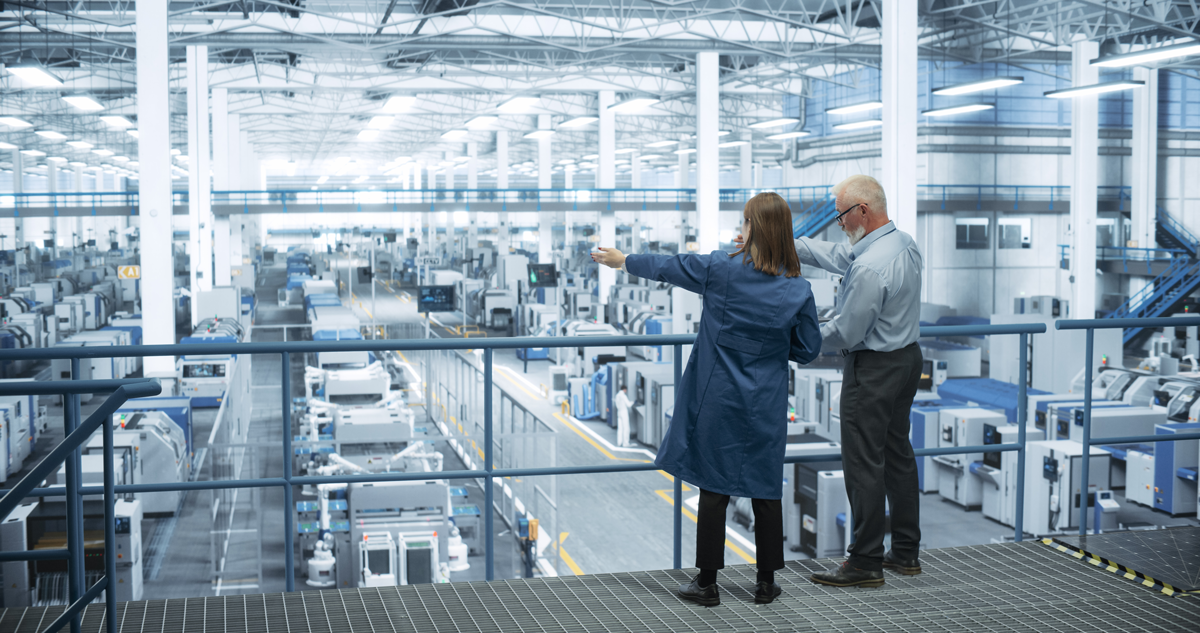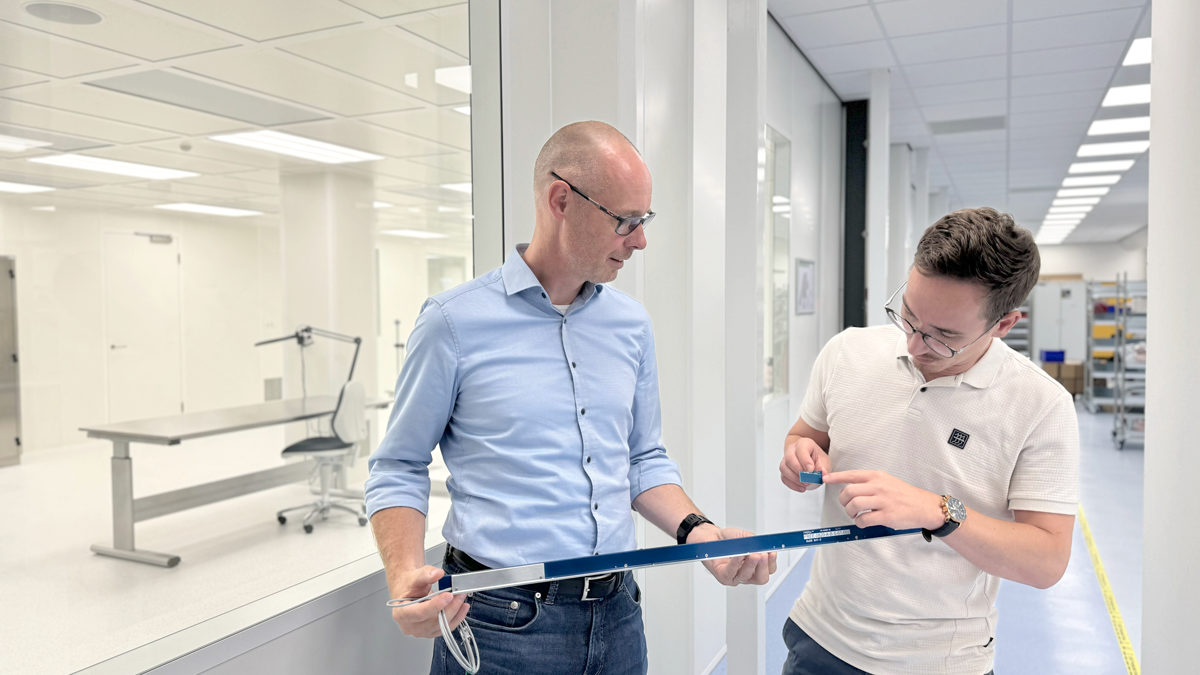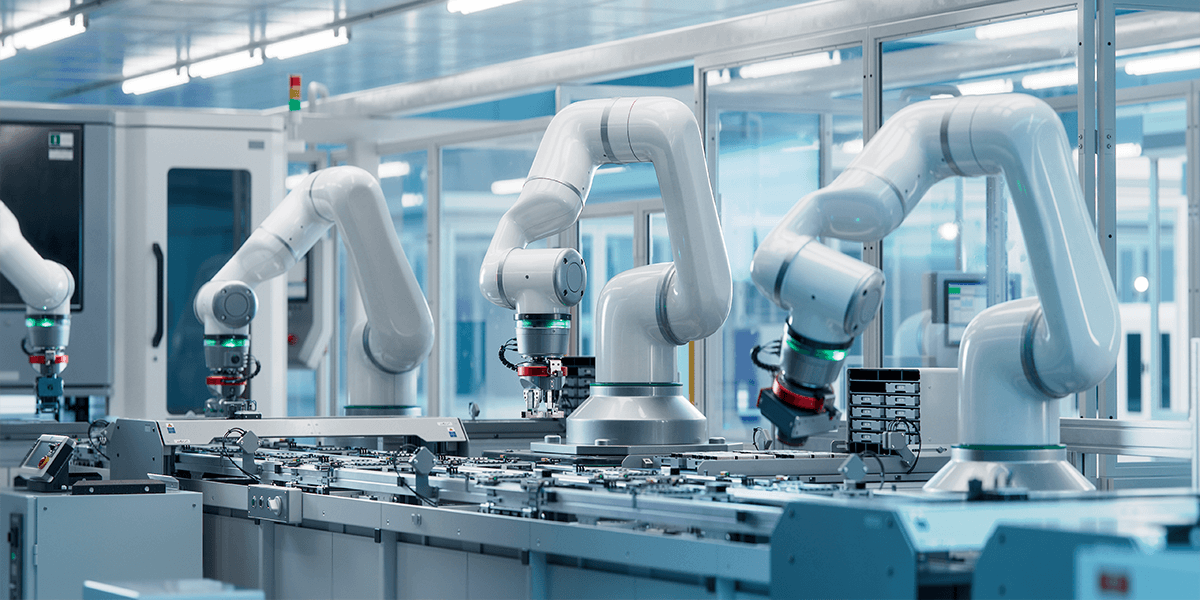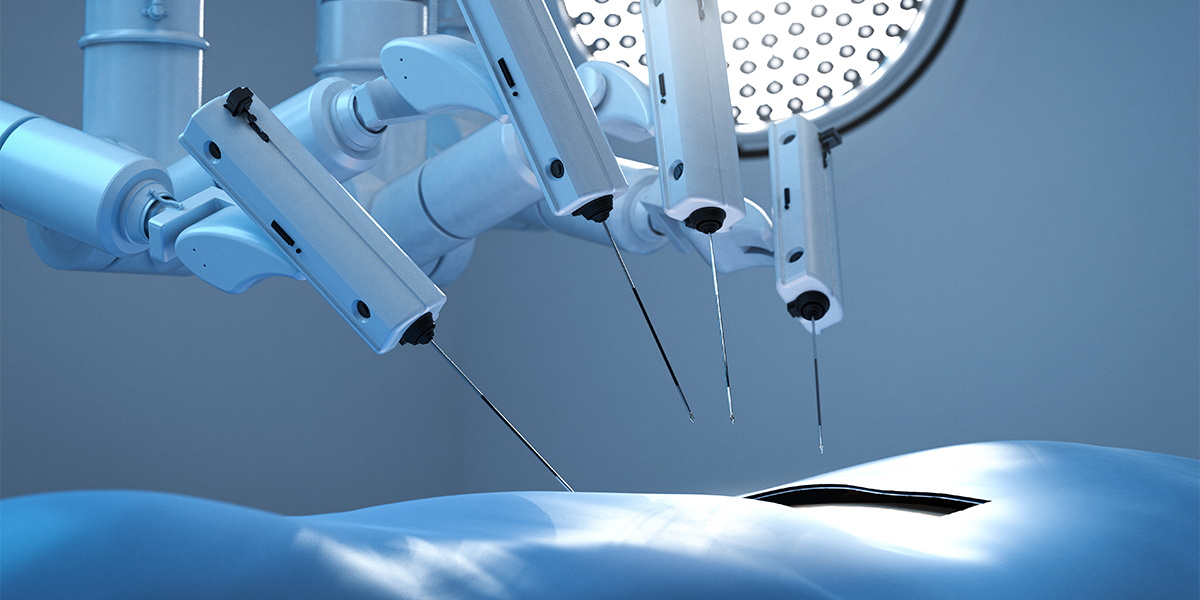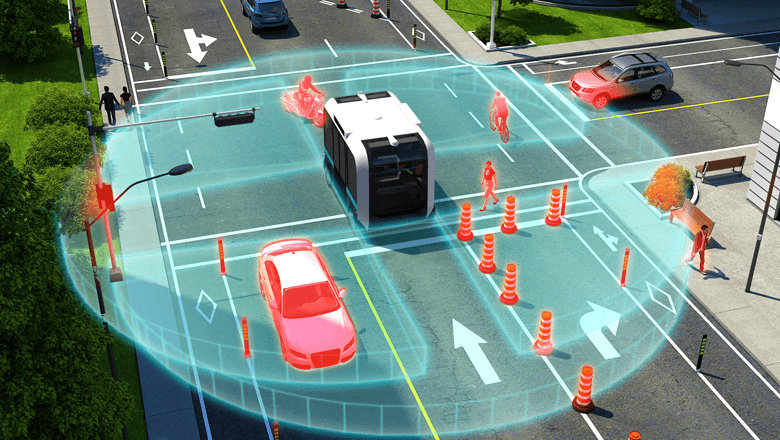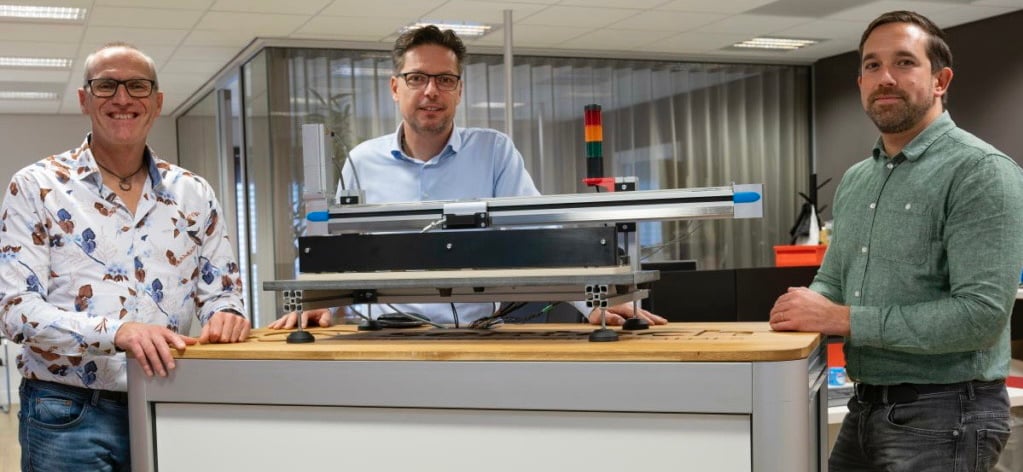Inclinometers: measuring angles and slopes
What technology do you need?
Just like accelerometers, inclinometers based on various types of technology are available. There are options based on magnetism, piezo crystals, and capacitance. The best applications reviewed by Sentech use a micro-electro-mechanical system (MEMS). Although this type of sensor isn’t the most accurate available, it is very cost-effective.
Users often place excessive demands on inclinometers. For example, they want to be able to determine the angle of a cistern on a truck with incredible accuracy. That is simply not feasible because a measurement accurate to even one degree is already quite an achievement considering all the vibrations of the engine and hydraulics. It is therefore important to think carefully about what application the inclinometer will be used for. What accuracy level is realistic?
A MEMS inclinometer is accurate down to about 0.1°, and usually costs around 20 US dollars. Of course, you can also find solutions on the market that can measure the tilt precisely down to 0.001°. The price tag on this technology is in another league, however. This kind of inclinometer could cost (well) over 1,000 USD. However, you can only achieve that kind of accuracy in a well-controlled space with a stable surface, such as in a semiconductor factory. High accuracy in such situations is essential since the wafers have to placed extremely flat so that the pattern can be properly imaged.
Advanced inclinometers only make sense in cases where it is necessary to measure something very precisely, and where all external influences can be excluded.
Featured inclinometers
Need some help?
Our sensor database only lists a selection of the sensors available. There are so many different technologies and manufacturers that our online sensor database can never be 100% complete. If you can’t find what you’re looking for, or you have a question, send an e-mail to our sensor experts. We’ll gladly help you with your search.



